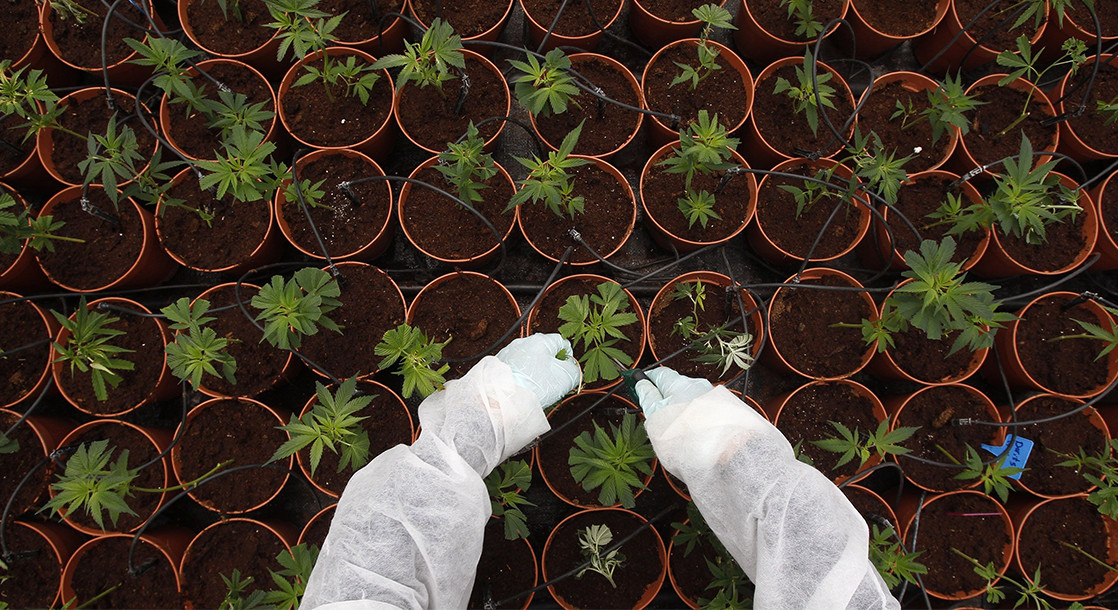In the United States, there are a number of factors stunting the growth of the budding cannabis industry, most of which stem from the continuation of federal illegality. Although many marijuana-related businesses face certain pitfalls when it comes to crucial services like banking and production, the US Patent Office has opted to allow applications for pot-based patents, ensuring that innovative ideas still bloom despite withstanding federal laws.
You might think that granting cannabis-related patents is a new venture for the US Patent office, but the department has been issuing them since 1942. There have been nearly 1,500 cannabis patents filed since that time, more than half of them over the last 25 years. Currently, there are 500 active pot patents, but that number is set to explode in the near future.
In a recent Forbes interview with David Cohen, an independent patent agent from Oakland, the expert broke down the methodology behind filing for cannabis-related patents, as well as the advantages of doing so in today’s evergreen market. Cohen explained that cannabis-related patents are essentially immune to federal illegality, and that the expanding market will likely spark more patent applicants.
“I don’t believe that the legal status of cannabis has constrained pharmaceutical industry patenting, but the opening of markets by legalization and by the entry of cannabinoids into medical practice could very well stimulate new activity,” Cohen said.
As for what type of cannabis-related patents entrepreneurs should be thinking about, there seems to be a couple of niche areas. According to Cohen, the largest areas of interest are in cannabis compositions, formulations, and preparation methods, the characterization of cannabis compounds in terms of how they engage with human endocannabinoid receptors, as well as methods of using cannabinoids to treat certain diseases.
The patent expert also provided some interesting insight into Big Pharma’s activity in the trademark game. Cohen explained that major pharmaceutical companies, universities, and research institutes had reached peak cannabis-related patent activity back in 2006-07, but this involvement has been steadily decreasing ever since.
The US Patent Office has helped a number of cannabis entrepreneurs shield their ideas and products, from fast-acting edible formulations to gum-based CBD delivery systems. Needless to say, as research limitations dissipate and legalization spreads, the number of marijuana-related patent applications will continue to grow.











